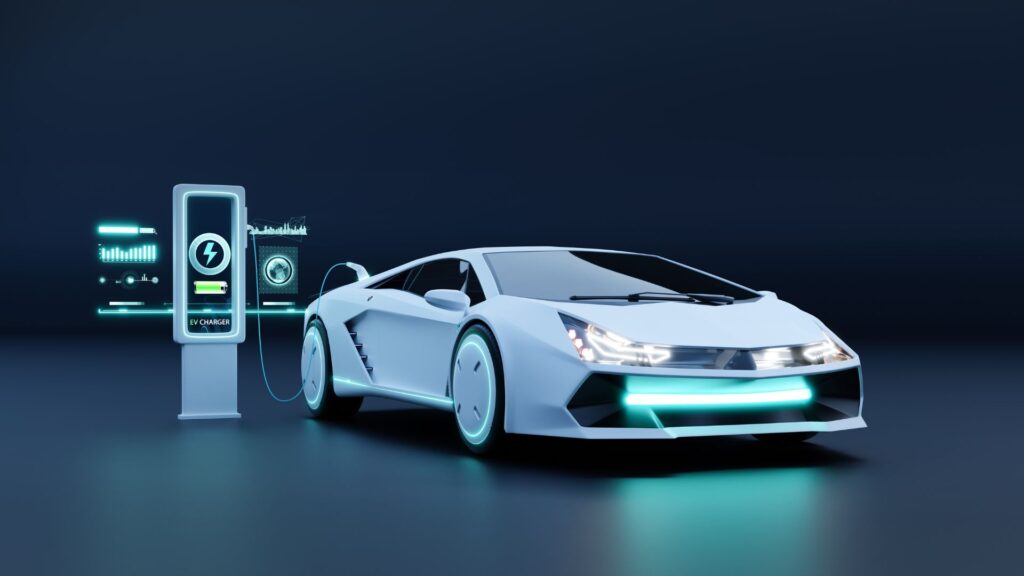The electric vehicle market is gaining momentum in the Philippines. Have you noticed the increase in charging stations across Metro Manila? Here’s a rundown from Unbox.Ph:
Photo: unboxph3a1e0.zapwp.com
Electric Vehicle (EV) Charging Stations in Metro Manila:
- Pasig City Hall
- Unioil, Congressional Avenue Extention, Quezon City
- Unioil, EDSA Guadalupe
- Uptown Mall, BGC
- Ayala the 30th Mall, Pasig
- The Podium, Ortigas Center, Mandaluyong
- SM Aura, Taguig City
- SM North Edsa, Quezon City
- SM Mall of Asia, Pasay City
- SM Southmall
- SM City Valenzuela
- SM City Grand Central
- SM City Fairview
- SM City Manila
- SM City Marikina
- SM City San Lazarro
- SM City Sta. Mesa
- SM City Bicutan
- SM City BF Parañaque
- MMDA Office, Pasig City (for e-bikes and scooters only)
- Nissan Mantrade (for Nissan customers only)
- Nissan Otis (for Nissan customers only)
- QC Solar Electric Vehicle Charging Network:
- UP Diliman Electrical and Electronics Engineering Building (P. Velasquez Street)
- QC Department of Public Order and Safety Building (QC City Hall Compound along Elliptical Road)
- Environmental Building (Barangay Payatas)
EV Penetration in the Philippines According to the Department of Energy, the Philippine government aims to achieve a 10% penetration rate for electric vehicles in road transport (including motorcycles, cars, and jeepneys) by 2040, along with a 5% aggregate energy savings from oil and electricity by the same year. Additionally, the government plans to deploy applicable Alternative Fuel Vehicles for both transport and non-transport sectors.
As the electric vehicle (EV) market continues to expand, stakeholders are exploring solutions to overcome technical challenges.
How Solid-State Batteries Could Transform Electric Vehicles One of the primary concerns with EVs is their batteries – specifically, the charging capabilities and environmental impact of lithium-ion batteries. However, a new type of 3D solid-state battery developed in the Netherlands could revolutionize the industry, according to LionVolt. Solid-state batteries have the potential to charge rapidly and provide enough power for electric vehicles to compete with internal combustion engine cars even on fast lanes of highways.
While it may take a few more years to revolutionize the car industry, the steps the country is currently taking offer hope for a more sustainable future.




